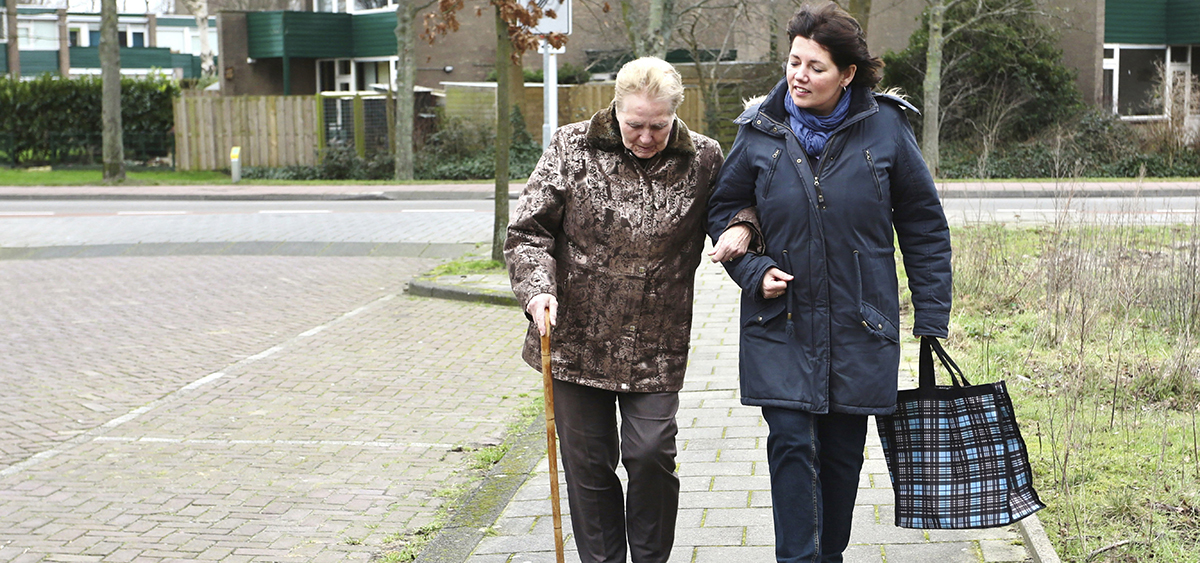There are many ways to help loved ones who can no longer manage their own affairs. Special rules apply when an Indigenous person living in a community (“reserve”) becomes incapacitated.

|
Important! The rules explained in this article apply to wills and estates of Indigenous people who
Indigenous people who don’t live in an Indigenous community should refer to the Civil Code of Québec instead of the Indian Act. You can read our articles in our Wills and Estates section to learn more. If you are an administrator and there is no will, it’s a good idea to see a lawyer or notary. |
What is incapacity?
People who can’t care for themselves or their property are said to be incapacitated. Here are some causes of incapacity:
- decreased mental ability (for example, a person with advanced Alzheimer’s disease)
- physical problems that prevent people from expressing their wishes (for example, a coma). People in a wheelchair are not incapacitated if they are capable of making their own decisions and can make their wishes known.
It’s not easy to decide if someone is incapacitated. The person must be evaluated by a doctor and a social worker. Contact the person’s family doctor or closest health-care facility.
When Support of Loved Ones Is Enough
Legal measures aren’t always necessary when the incapacitated person has the support of loved ones and their property is easy to manage. Family members can take care of the person. Or they can choose a care centre to look after the person.
The law lets loved ones look after an incapacitated person’s daily affairs. For example, a spouse can act in place of the incapacitated person for basic family needs, such as paying for electricity, heating, housing, groceries and medical care.
To learn more, visit the website Quebec.ca.
When Legal Steps Are Necessary
In more complicated situations, someone is officially named to protect the incapacitated person. This is important if, for example, the person has a lot of property (owns a business, investments, etc.) or if there’s a risk the person can be taken advantage of financially.
First, a judge must decide that the person is incapacitated. The incapacitated person or family members can ask the court for a decision. The judge needs a report from a doctor and a social worker saying the person was evaluated and is incapacitated.
Next, someone is named to care for the person and the person’s property. For Indigenous people living in a community (“reserve”) this is the procedure:
- The judge names someone to take care of the incapacitated person’s well-being (health care, housing, food, etc.). The caregiver is called a “tutor to the person.” Usually, the judge names the caregiver when declaring the person incapacitated.
- Indigenous Services Canada (ISC) names someone (called a “tutor to property”) to manage the property of the incapacitated person. ISC makes this decision a few weeks or months after the person is declared incapacitated.
The judge and ISC can choose the same person or two different people to take on these roles. Loved ones are asked for their opinion.
The role and powers of the tutor depend on how serious the incapacity is.
It’s a good idea to talk with a lawyer or notary if you can. It’s important to say that you’re asking about an Indigenous person living in a community (“reserve”) to make sure the right rules are followed.
When the Person Has a Protection Mandate
Before becoming incapacitated, some people prepare a document naming someone (called a “mandatary”) to look after their well-being and their property if they become incapacitated in the future. The document is called a “protection mandate.”
Before the mandatary can act under the protection mandate, a judge must decide that the person is incapacitated. The judge needs a doctor’s and social worker’s report to do this.
Protecting the person’s well-being: The judge must officially approve the protection mandate before the mandatory can do anything.
Protecting the person’s property: ISC names the person responsible for managing the property, but it will be guided by what the protection mandate says.







